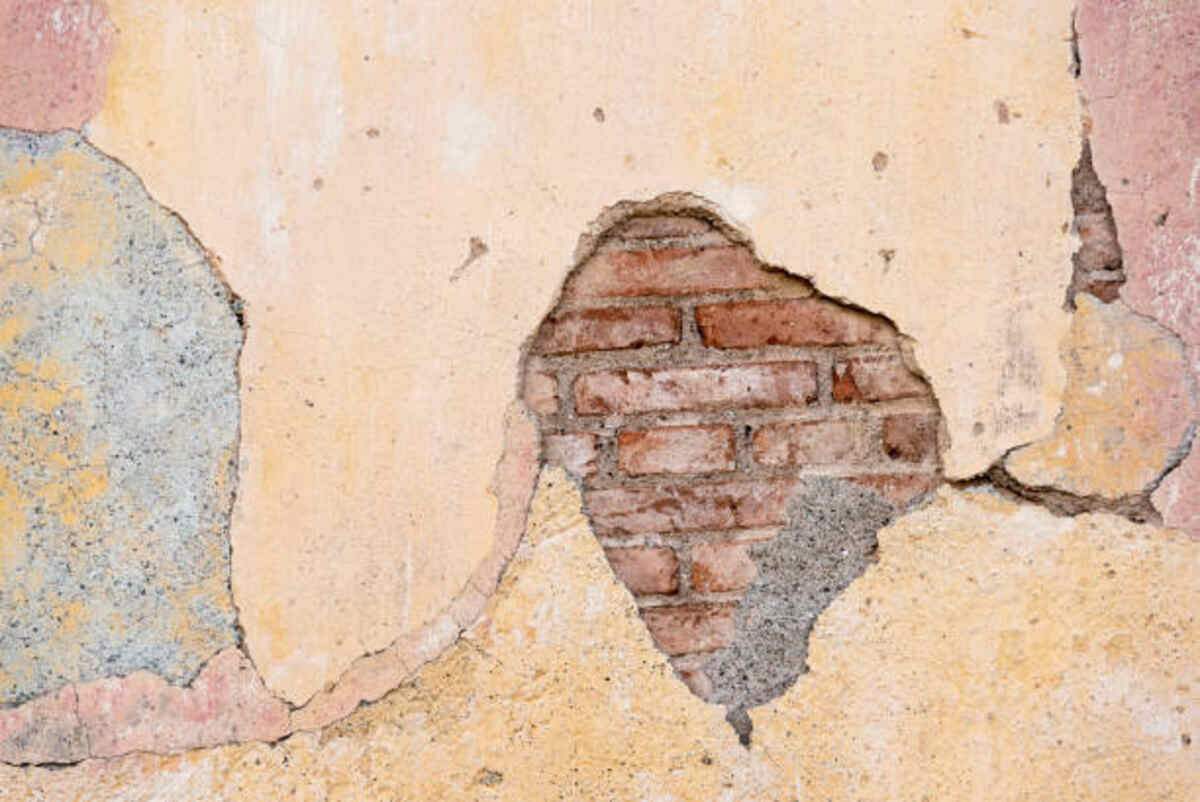To begin your repair, it is first essential to determine what material your wall is made of. Older homes are typically finished with plaster, spread onto horizontal slatted boards called lathes. Drywall, on the other hand, comprises layers of paper and gypsum plaster. Finally, concrete walls are typically found in basements.
Repairing a “spider-web crack.”
Fortunately, spider-web cracks can be repaired easily. First, fiberglass mesh tape or large mesh sheets can be applied over the crack. Then, you must mix a quality filler and apply it over the mesh tape. Once the filler dries, you can use a trowel to scrape the edges.
In some cases, a spider-web crack indicates a more significant problem. For example, it may be the start of a larger area of plaster detachment. Usually, this movement is uncovered when you apply pressure to the crack. However, if the crack is large, it may require reconstruction of the plaster.
A spider-web crack is a common home repair issue. Despite its name, it’s a type of crack that’s caused by a wide variety of different problems. It can affect ceilings, walls, and floors. However, the enormous spider-web cracks can indicate a severe structural issue.
Repairing a recurring crack in drywall
If your house’s drywall is cracked recurringly, there are a few ways to fix it. A simple solution is to bridge the crack with a new sheet of drywall. This will take a few days, but it will fix the problem. You can also use a joint compound to smooth out the crack.
The first step in repairing a recurring drywall crack is removing any paper tape applied to the wall. You may find that the paper tape extends into the crack and pulls the drywall away from the wall. If you can’t remove the paper tape, you can cut it with a razor knife. Afterward, use a putty knife to remove excess compound.
Another common cause of recurring cracks in drywall is water leakage. Water leaking from a window, roof, or attic may seep into the wall’s framing. This can lead to large cracks. These are relatively easy to repair, but a large crack may indicate a more significant structural issue.
Repairing a crack in a concrete wall
Repairing a crack in a concrete-lined wall can be a relatively simple project, even for a do-it-yourselfer. However, there are some things you should know before you tackle the project. First, ensure you’re aware of the type of crack you’re dealing with. Cracks in concrete walls can be non-structural or structural, and you should call a professional if the crack is structural.
To repair a crack in a concrete wall, you should choose a material that is compatible with the crack. For example, if the wall is made of concrete, epoxy is the most appropriate material. The epoxy will form a watertight seal in the crack. To apply epoxy, insert a 3-inch finish nail into the crack every 12 inches. Next, you’ll want to attach the injection ports. The epoxy will come in two parts; you’ll need to mix them before applying it.
Concrete walls are made of cement, sand, and gravel and are prone to cracks. These tiny cracks can be repaired easily using a patch, but larger cracks need to be repaired by a professional.
Repairing a crack in gyprock
If your gyprock walls are sagging or have cracks, there are several things you can do to repair them. One of the easiest ways is to apply a joint compound to the wall. You can either use a paste or a powdered compound. The first coat should dry overnight, and you should feather the area around the repair. After the joint compound has completely dried, you can apply a second coat to the wall, ensuring that you apply it thinly enough to blend in. The second coat of compound should dry completely, and you can prime the wall and paint it.
Next, determine the type of wall material you have. Older homes were often finished with plaster applied to horizontal boards called lathes. Drywall, on the other hand, is made of gypsum plaster sandwiched between two layers of paper.

